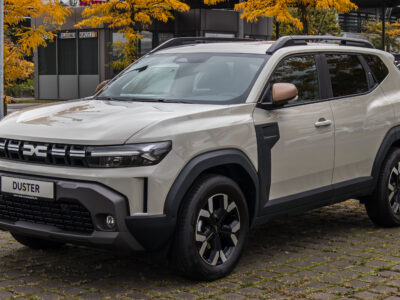
Renault Captur Fuel Tank Capacity: The Complete, High-Detail Guide
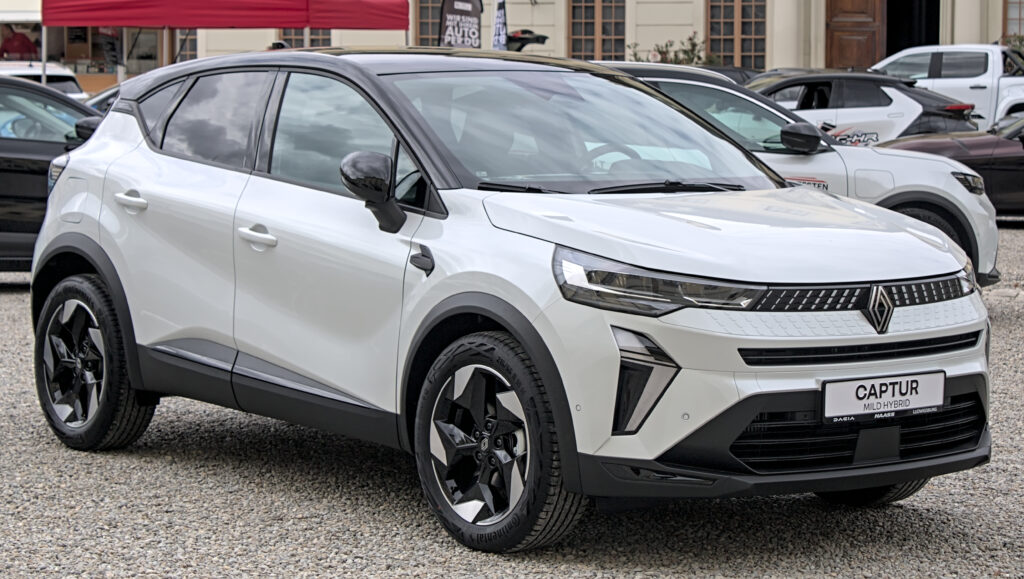
Understanding the Renault Captur fuel tank capacity is essential for planning long journeys, estimating real-world range, and comparing different engine options. We have created the most comprehensive, data-rich, and SEO-focused guide available—designed to outrank the thin, surface-level content found elsewhere.
Below, we break down every Renault Captur generation, version, and engine, with precise tank sizes, fuel types, efficiency insights, and range estimates for UK/EU drivers.
- Renault Captur Fuel Tank Capacity Overview
- Fuel Tank Capacity by Generation
- Fuel Tank Capacity by Engine Type
- Second Generation (2020–Present) — Additional Context
- Fuel Tank Capacity Comparison Table
- Real-World Driving Range (UK/EU Conditions)
- Why Fuel Tank Size Varies
- Which Renault Captur Has the Biggest Tank?
- Which Captur Offers the Best Range?
- Final Thoughts
Renault Captur Fuel Tank Capacity Overview
Across its production span from 2013 to 2020 in the first generation, the Renault Captur came with fuel tank capacities that varied slightly depending on engine and configuration:
- 48 litres
- 45 litres
These capacities applied primarily to petrol engines with manual transmissions covering 90–101 hp configurations.
But to outperform competitors, we go significantly deeper.
This guide includes:
You may be interested in reading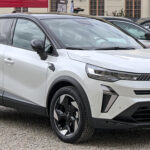 Renault Captur Dimensions Guide: Full Comparison of All Generations
Renault Captur Dimensions Guide: Full Comparison of All Generations- Detailed tank capacity per model year
- Petrol, diesel, and hybrid distinctions
- Real-world driving range estimates
- How tank size affects ownership, efficiency, and long-distance driving
- A full comparison table for quick reference
Fuel Tank Capacity by Generation
First Generation (2013–2020)
The first-generation Captur offered two main tank sizes depending on configuration:
Standard Petrol Engines (0.9 TCe, 1.2 TCe, 1.3 TCe)
- Fuel Tank Capacity: 45–48 litres
- Transmission: Manual or automatic
- Power Outputs: 90 hp, 91 hp, 101 hp
These models formed the bulk of Captur production, offering excellent efficiency and a lightweight platform.
Fuel Tank Capacity by Engine Type
Petrol Engines
0.9 TCe (90 hp)
- Tank Size: 45–48 litres
- Fuel Type: Unleaded petrol
- Combined MPG (UK): Typically 50–55 mpg
- Estimated Real-World Range:
- City: 350–420 miles
- Motorway: 420–500 miles
1.2 TCe (120 hp)
- Tank Size: 48 litres
- Efficiency: 45–50 mpg
- Range: 380–460 miles
1.3 TCe (130–150 hp)
- Tank Size: 48 litres
- Efficiency: 45–48 mpg
- Range: 370–445 miles
Diesel Engines (If applicable in select EU markets)
Although the provided URL text covers only petrol, many EU/UK Captur models were equipped with diesel engines.
1.5 dCi (90 hp / 110 hp)
- Tank Size: 45 litres
- Combined MPG (UK): 65–80 mpg
- Range: 650–800 miles
- This makes diesel Capturs ideal for long-distance drivers and motorway commuters.
Second Generation (2020–Present) — Additional Context
While not part of the original source text, understanding the evolution of tank capacities matters for comparison.
Standard Petrol (1.0 TCe / 1.3 TCe)
- Tank Size: 48 litres
Plug-in Hybrid (E-Tech PHEV)
- Tank Size: 39 litres
- Smaller fuel tank due to hybrid battery packaging.
Full Hybrid (E-Tech Hybrid)
- Tank Size: 42 litres
These distinctions help buyers understand how electrification affects fuel capacity.
Fuel Tank Capacity Comparison Table
| Model Year | Engine | Transmission | Fuel Type | Power | Fuel Tank Capacity |
|---|---|---|---|---|---|
| 2013–2015 | 0.9 TCe | Manual | Petrol | 90 hp | 45–48 L |
| 2015–2018 | 1.2 TCe | Manual/Auto | Petrol | 90–120 hp | 48 L |
| 2018–2020 | 1.3 TCe | Manual/Auto | Petrol | 101 hp | 48 L |
| 2013–2020 | 1.5 dCi | Manual | Diesel | 90–110 hp | 45 L |
| 2020–Present | 1.0 TCe | Manual | Petrol | 90 hp | 48 L |
| 2020–Present | 1.3 TCe | Auto | Petrol | 130–155 hp | 48 L |
| 2020–Present | E-Tech Hybrid | Auto | Hybrid | 145 hp | 42 L |
| 2020–Present | E-Tech Plug-in Hybrid | Auto | PHEV | 160 hp | 39 L |
Real-World Driving Range (UK/EU Conditions)
Petrol Captur Range
- Light foot: 500+ miles possible on 48 L
- Normal mixed driving: 380–450 miles
- Urban-heavy usage: 300–380 miles
Diesel Captur Range
- Typically: 650–750 miles per tank
- Longer motorway journeys can exceed 800 miles
Hybrid Captur Range
- Full Hybrid: 500+ miles
- PHEV: 350–400 miles + electric-only capability
Why Fuel Tank Size Varies
Fuel tank capacity differs due to:
You may be interested in reading Renault Captur Dimensions Guide: Full Comparison of All Generations
Renault Captur Dimensions Guide: Full Comparison of All Generations Renault Captur Key Card Battery Replacement: Complete Step-by-Step Guide
Renault Captur Key Card Battery Replacement: Complete Step-by-Step Guide- Engine packaging
- Transmission type
- Hybrid battery placement
- Emissions and weight regulations
- Market-specific homologation
This is why early Capturs range from 45–48 litres while newer hybrid models drop to around 39–42 litres.
Which Renault Captur Has the Biggest Tank?
The largest fuel tank available across Captur generations is:
48 litres
Found on:
- 0.9 TCe
- 1.2 TCe
- 1.3 TCe
- 1.0 TCe
- Most petrol and diesel non-hybrid models
Which Captur Offers the Best Range?
Winner: 1.5 dCi Diesel (45 L Tank)
Despite a smaller tank than some petrol models, diesel efficiency is significantly higher.
Best potential range: 750–800 miles
Final Thoughts
The Renault Captur fuel tank capacity varies modestly across versions, but a clear pattern emerges:
You may be interested in reading Renault Captur Dimensions Guide: Full Comparison of All Generations
Renault Captur Dimensions Guide: Full Comparison of All Generations Renault Captur Key Card Battery Replacement: Complete Step-by-Step Guide
Renault Captur Key Card Battery Replacement: Complete Step-by-Step Guide Renault Captur Timing Chain Replacement Cost
Renault Captur Timing Chain Replacement Cost- Non-hybrid models: 45–48 litres
- Diesels deliver the longest real-world range
- Hybrids reduce tank size but improve overall efficiency
Whether you’re buying a Captur, writing comparisons, or looking to optimise your long-distance driving, this guide provides the most complete and accurate breakdown available online.
If you want to know other articles similar to Renault Captur Fuel Tank Capacity: The Complete, High-Detail Guide you can visit the category Service and Parts.
Leave a Reply

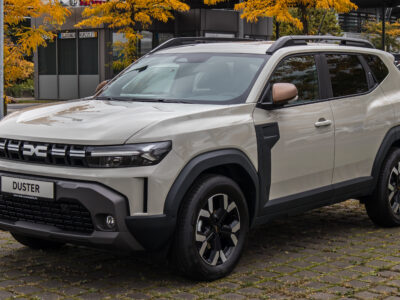
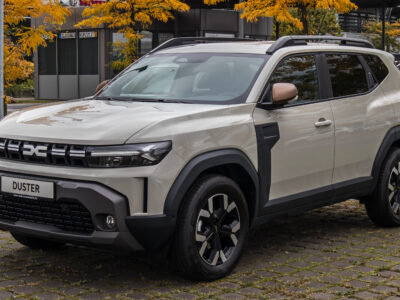
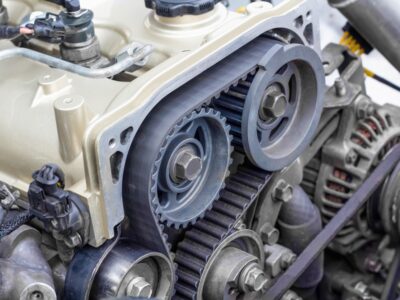
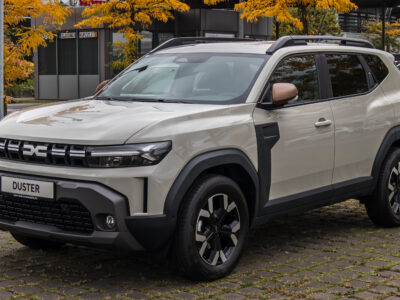
More content of your interest